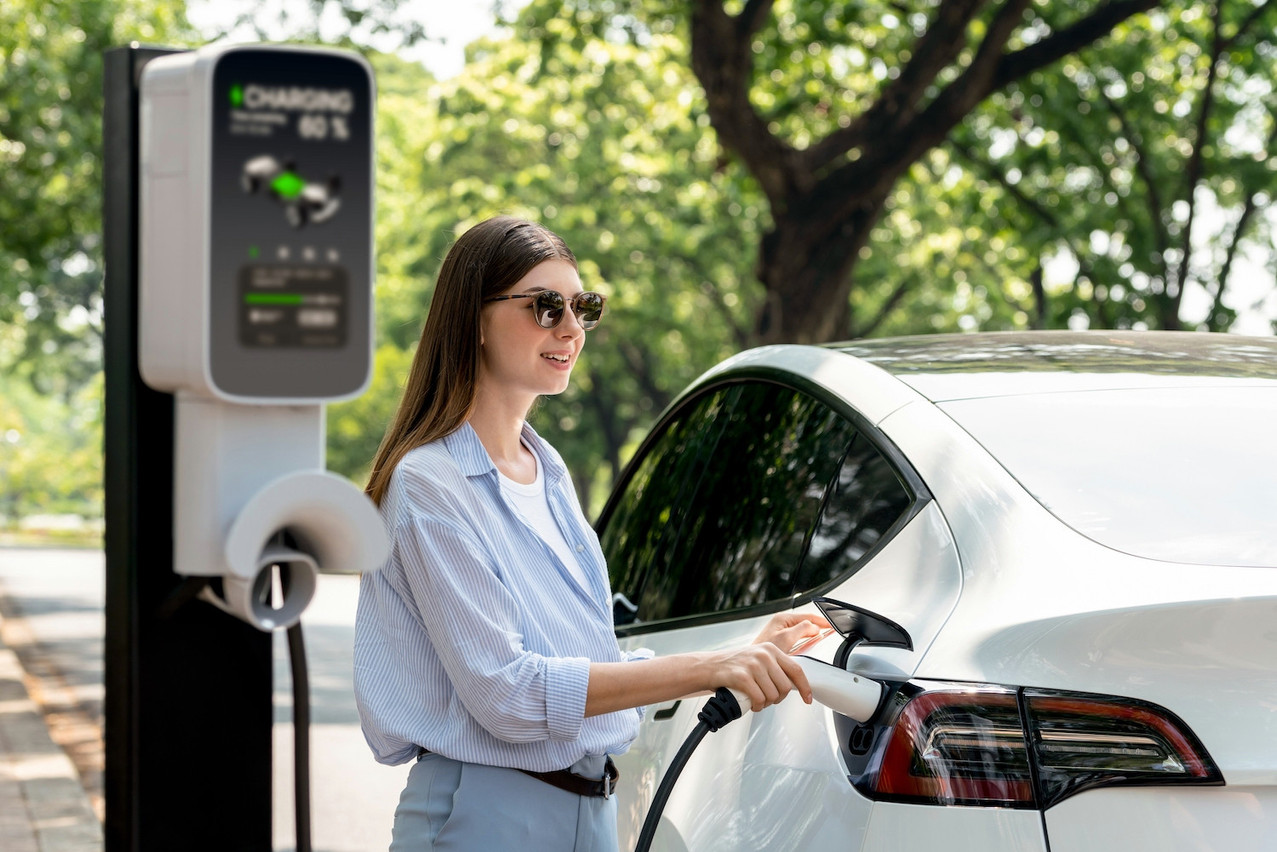Switching from diesel to electric. Stressful, if you don’t own a home where you can plug in your car and recharge in good conditions. Those who have to change their vehicle this year or next will have to think twice.
With effect from contracts signed from 1 January 2025, the rate of the benefit in kind for the vehicle will increase to 2% for all engines other than electric cars. The lower the rate, the greater the benefit to the employee. Above 1.8% is no longer a benefit, but the car does have a tax cost for the employee. Why does this matter now? Because those who need to renew their vehicle will have to speed up the signing of their contract in order to keep the rate they have had until now.
In an example presented when these changes were unveiled, in January 2022 the employee’s benefit (tax class 1, gross annual salary of €70,000, price of the car including VAT €40,000) fell from €2,400 at 1% to €1,758 at 1.2% and lost €800 at 2%. The aim is to make the benefit in kind less advantageous than if the employee were to buy a vehicle in his own name, and to force companies to switch to electric engines.
Finance minister (CSV) confirmed in a parliamentary reply that he has no plans to amend the amended grand ducal regulation of 23 December 2016 implementing article 104, paragraph 3, of the amended law of 4 December 1967 on income tax. In other words, the amended regulation would come into force as planned.
The most virtuous drivers will still be able to take advantage of it, but the rate will also decrease from 0.5% or 0.6% to 1% or 1.2%, depending on whether the car has a fuel consumption of more than 18 kilowatt hours per 100 kilometres or not.
This position had already caused the Luxembourg Automobile Industry Association (Alia) to react. In a press release in mid-June, Guido Savi, the association’s founder, explained that “there is a major inconsistency in this system in that good performers will be penalised. A user whose car emits 50g of CO2 per km would see his benefit in kind [Avantage de Toute Nature] increase by 100%, while a user whose car emits more than 130g of CO2 per km would see his benefit in kind increase by only 11%. What’s more, this increase in benefit in kind would encourage cross-border workers to give up a company car and probably switch to an older, more polluting second-hand vehicle.”
“It would also have a very negative impact on tax revenues and make Luxembourg less attractive to young talent. It should be pointed out that the government agreement does not provide for any increase in car taxation and that there is still time for the ministers concerned to review this measure,” Savi stated.
The exact wording of the coalition agreement is “the government will study ways of clarifying and simplifying the tax treatment of benefits in kind granted by companies to their employees.”
This article was first published in French on . It has been translated and edited for Delano
